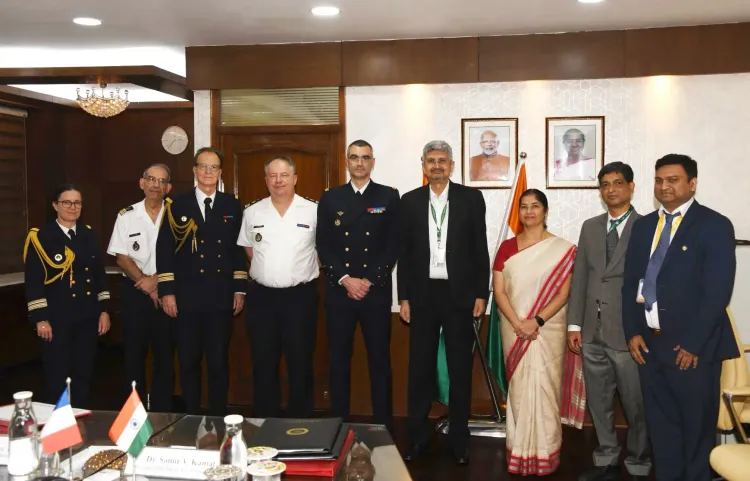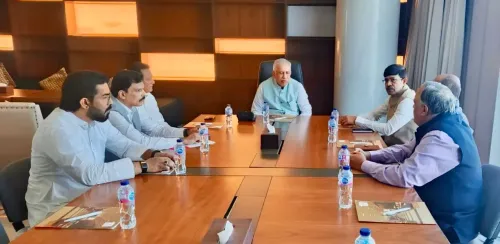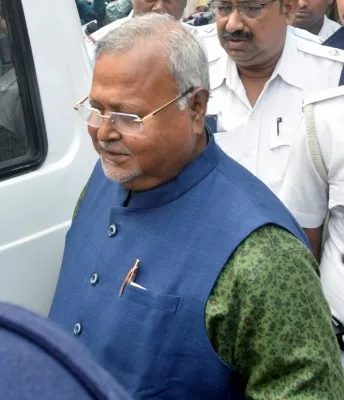What New Defence R&D Pact Between India and France Means for Joint Innovation?

Synopsis
Key Takeaways
- New agreement established between India and France for defence R&D.
- Focus on joint research and training to enhance skills in defence technology.
- Transfer of know-how and technologies between both nations.
- Key cooperation areas include cyber security, AI, and underwater systems.
- Partnership aims to strengthen national security and global defence advancements.
New Delhi, Nov 20 (NationPress) In a significant move to enhance the collaboration in defence research and development between India and France, a new technical agreement has been finalized on Thursday between the Defence Research & Development Organisation (DRDO) and the Directorate General of Armaments (DGA) of France.
A press release from the Ministry of Defence (MoD) revealed that Dr. Samir V Kamat, Secretary of the Department of Defence R&D and Chairman of DRDO, alongside Lt Gen Gael Diaz de Tuesta, the National Armaments Director of DGA France, signed the agreement at DRDO Bhawan in New Delhi on November 20, 2025.
The MoD stated, "This strategic partnership aims to utilize the combined expertise and resources of both nations to develop innovative solutions for future defence challenges."
This new agreement establishes a formal framework for collaborative research, training, testing, information exchange, and specialized workshops, aimed at enhancing skills and expertise in defence R&D.
The MoD emphasized that it lays out a formal framework for joint research and training programs, testing activities, information exchange, and the organization of workshops and seminars to uplift the skills and knowledge in defence R&D.
The agreement facilitates the transfer of equipment, know-how, and technologies between both countries.
Key areas of cooperation include aeronautical platforms, unmanned systems, advanced defence materials, cyber security, artificial intelligence, space and navigation, propulsion, sensors, quantum technologies, underwater systems, and other mutually beneficial domains.
The agreement highlights that key areas of collaboration encompass aeronautical platforms, unmanned vehicles, advanced materials for defence applications, cyber security, artificial intelligence, space, navigation, advanced propulsion, advanced sensors, quantum technologies, underwater technologies, and other areas of mutual interest.
Both nations expressed optimism that this collaboration will significantly enhance national security and propel advancements in global defence technology.









